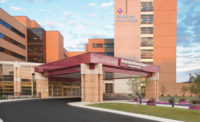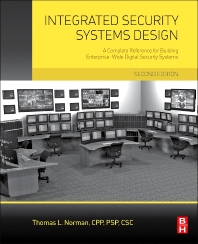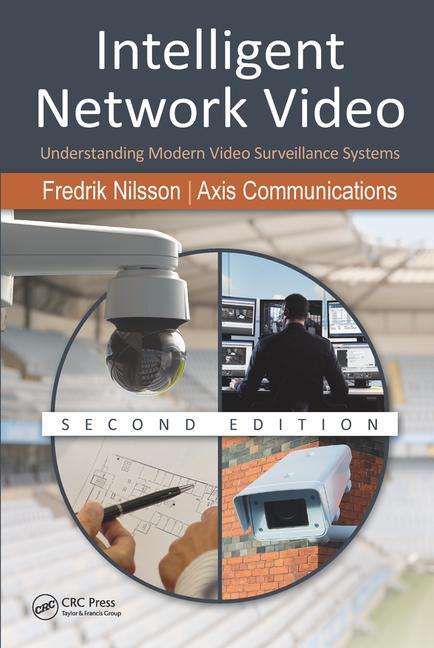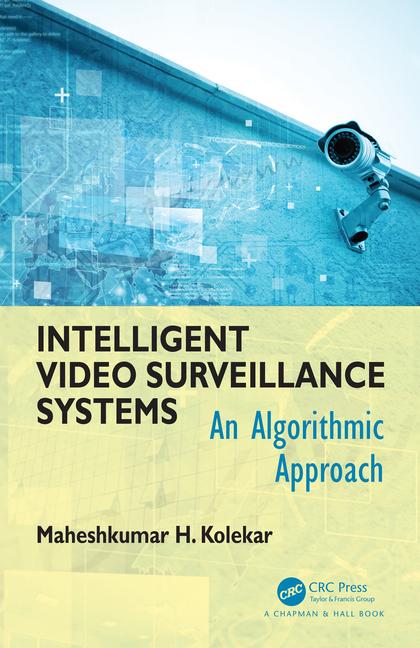Highland-Clarksburg Hospital, a 150-bed behavioral psychiatric center located in Clarksburg, W.V., underwent a renovation that included a state-of-the-art security system designed to protect the hospital’s patients and staff as well as the surrounding community. The hospital’s patients include forensics patients (deemed unfit to stand trial or non restorable), dual-diagnosis substance abuse patients, children and adolescents and intellectually challenged individuals.
A RAPIDLY EXECUTED PLAN
After it moved to a new facility in 2010, United Hospital Center donated a 415,000-square-foot former critical care hospital building to Highland-Clarksburg Hospital. Renovation commenced in January 2013, the project was fast-tracked, and the center officially opened its $23 million renovation in August 2013.
The renovation required a number of structural upgrades, such as impact-resistant drywall, secure lighting and other fixtures, plus a comprehensive security system. The scope of the security installation included access control, patient tracking, overhead paging, fire alarm upgrades and HD video surveillance systems.
“The initial push on this project was to protect the patients from the outside and the outside from the patients. It’s very high-security, and we have all the bases covered,” said Renay Jarrell, president of Appalachian Signals and Products Inc. (ASAP) of Winfield, W.V. Renay and Randy Jarrell are co-owners of ASAP, the integration firm that was contracted to perform the security upgrades.
Mike Casdorph, director of facility development for Highland-Clarksburg Hospital, directed and oversaw construction for the project. He added, “The project was fast-tracked as we wanted to get portions of the facility open and ready to accept patients. I can’t say enough about the contractors and ASAP as they all went above and beyond to meet our schedules. I am very impressed with the Galaxy system and the installation and service provided by Renay and her team. They are always available to assist if we have a problem.”
UNIQUE CHALLENGES
From the start, the project had the potential to cause major headaches along the way. In addition to the traditional challenges of securing a psychiatric center — particularly one that houses forensic patients — the high profile of the project and the speed of construction posed a number of challenges for ASAP.
For the access control piece, ASAP chose Galaxy Control Systems proximity card systems. In all, ASAP installed 208 readers, 24 power supplies and 20 Galaxy controllers throughout the facility. As with nearly any facility, ASAP was tasked with securing the exterior doors at Highland-Clarksburg Hospital, but where this project differs from others is in the need to also secure interior doors to patient floors. This is an extremely crucial necessity given that three floors are used to house psychiatric patients.
The Galaxy system is supplemented by an additional layer of protection requiring users to input a five-digit PIN to identify who is accessing what areas of the facility and to ensure adherence to established hospital policies and procedures. All interior doors in the patient care areas are locked and can be opened only when a staff member swipes a badge and enters a unique PIN. This double security ensures that a misplaced or stolen badge can’t be used to move through the facility. The system is also used for all of the elevators with a card swipe and pin required to call an elevator to a floor and once inside the elevator a card swipe and PIN is also required to move between floors.
“When you get to the higher-security areas, the Galaxy system teams up with the patient-tracking system to allow entrance to another door or an elevator,” Jarrell said. “And because this is a hospital that still has some unoccupied areas, those areas also have the door mechanisms to lock unauthorized individuals out.”
SYSTEM INTEGRATION
Aside from the logistical challenges posed by the facility’s construction timeline, the biggest challenge ASAP faced was interfacing the access control system with elevators. The main problem was allocating elevator cars to certain staff members at certain times of day — a challenge exacerbated by the fact that elevator manufacturers typically do not focus on physical security concerns. To overcome this obstacle, ASAP installed card readers strategically and took advantage of the integration between the access control and patient tracking systems to protect the card readers with stringent access-control rights. If a hospital staff member is escorting a high-risk patient, elevator doors cannot be unlocked without setting off an alarm unless both the patient-tracking reader and access control badge are married.
When it came to sourcing access control readers, there was no competition between products, Jarrell said. ASAP has used Galaxy’s systems since 2002 and has used the company’s products exclusively for more than nine years. The high performance delivered by Galaxy systems, along with their low maintenance requirements, is the primary reason those at ASAP have been loyal Galaxy customers for so long.
“The IP protocols their readers use have worked out well, and we’ve had very few issues on-site to date,” said Dennis Carney, lead integrator for ASAP. “The structure, the equipment and the ability to keep it running without a whole lot of hands-on work were the other reasons we chose Galaxy’s products.”
In addition to the quality and performance Galaxy provides, the “Made in the USA” factor is a huge plus for Jarrell.
“For me, the fact they are a United States-owned company is very important. You can actually talk to tech support with ease, and they are very available to my techs in the field. In our industry it’s a little unusual that you get to deal with somebody in the States with tech support and get that quick response. That means an awful lot,” Jarrell said. “We’re a small family business in West Virginia, and in West Virginia, your reputation means the world. So we truly try to keep our business in the USA as much as we possibly can, and Galaxy represents that to us. We’ve also had a good working relationship with them and have been impressed with their line for a lot of years.”







